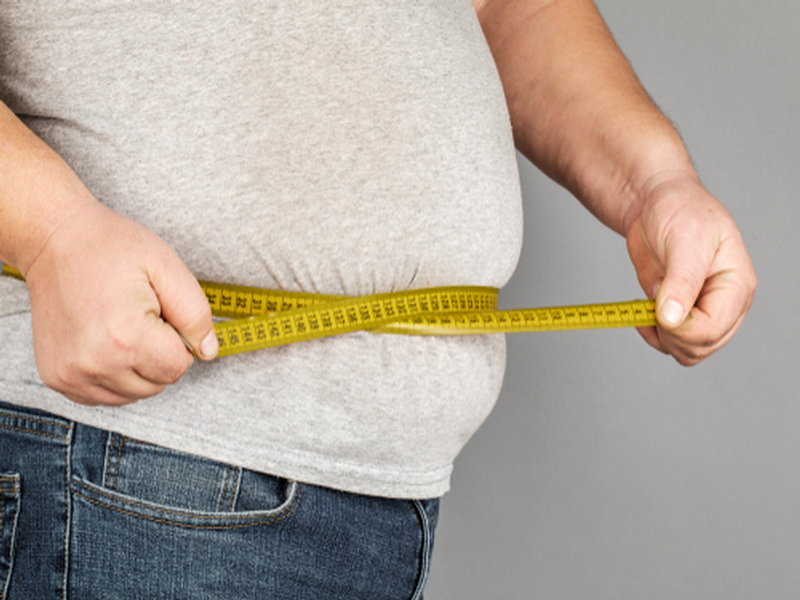New calorie labelling rule comes into force to help tackle nation's health
New rules requiring calorie information to be displayed on menus and food labels have come into force today after research suggests food people eat outside the home makes up 20-25 per cent of adult calorie intake.

The changes mean it is now a legal requirement for large businesses with more than 250 employees, including restaurants, fast food outlets, cafes, pubs, supermarkets, home delivery services and third-party apps to display calorie information and daily recommended calorie needs of non-prepacked food and soft drinks at the point a customer is making their food and drink choices.
The ruling comes after it is estimated overweight and obesity related conditions across the UK cost the NHS £6.1 billion each year. Almost two-thirds (63 per cent) of adults in England are overweight or living with obesity – and 40 per cent of children leave primary school overweight or obese. Obesity is also the second biggest cause of cancer across the UK.
Public Health Minister Maggie Throup said: “It is crucial we all have access to the information we need to maintain a healthier weight, and this starts with knowing how calorific our food is. We are used to knowing this when we are shopping in the supermarket, but this isn’t the case when we eat out or get a take-away.
“As part of our efforts to tackle disparities and level up the nation’s health, these measures are an important building block to making it as easy as possible for people to make healthier food choices.”
Buying food on the go or getting takeaways is increasingly important to people. On average the portions of food or drink that people eat out or eat as takeaway meals contain twice as many calories as their equivalent bought in a shop, where labelling is much more common.
The most recent official data shows that in 2019/20, there were over one million hospital admissions where obesity was the primary or secondary cause, an increase of 17 per cent on 2018/19 when there were 876,000 obesity-related admissions.
In a survey by the Office for Health Improvement and Disparities on calorie reduction, 79 per cent of respondents said they think menus should include the number of calories in food and drinks.
Bridget Turner, director of policy, campaigns and improvement at Diabetes UK, said: “Obesity is the single greatest risk factor for type 2 diabetes and there are an estimated 13.6 million people at increased risk of developing the condition in the UK.
“Tackling this health crisis is vital, so the government’s commitment to make large takeaway, cafe and restaurant chains calorie label the food they sell is a welcome move towards reducing the rising levels of obesity in the UK.
“Diabetes UK campaigned strongly for these measures through our Food Upfront campaign. We hope it will bring these large, out of home businesses more in line with the food retail sector when it comes to giving people clear calorie information for the food they buy, hopefully leading to improved menus and healthier options.”
The legislation will be enforced by local authorities with the Department of Health and Social Care.
Local Authorities are encouraged first to have conversations with those businesses who are not complying with the law.
Local authorities can issue improvement notices. Any person who fails to comply with a notice could be guilty of an offence and could be fined £2,500.
Latest News
 29-Jul-24
Dementia Bus gives carehome.co.uk staff insight into life with dementia
29-Jul-24
Dementia Bus gives carehome.co.uk staff insight into life with dementia
 27-Jul-23
UK's top home care agencies in 2023 revealed
27-Jul-23
UK's top home care agencies in 2023 revealed
 30-Nov-22
A quarter of older people keep their falls secret from family
30-Nov-22
A quarter of older people keep their falls secret from family
 29-Nov-22
'Covid-19 has not gone away' say terminally ill
29-Nov-22
'Covid-19 has not gone away' say terminally ill
 28-Nov-22
IT consultant who received poor care opens 'compassionate' home care business
28-Nov-22
IT consultant who received poor care opens 'compassionate' home care business